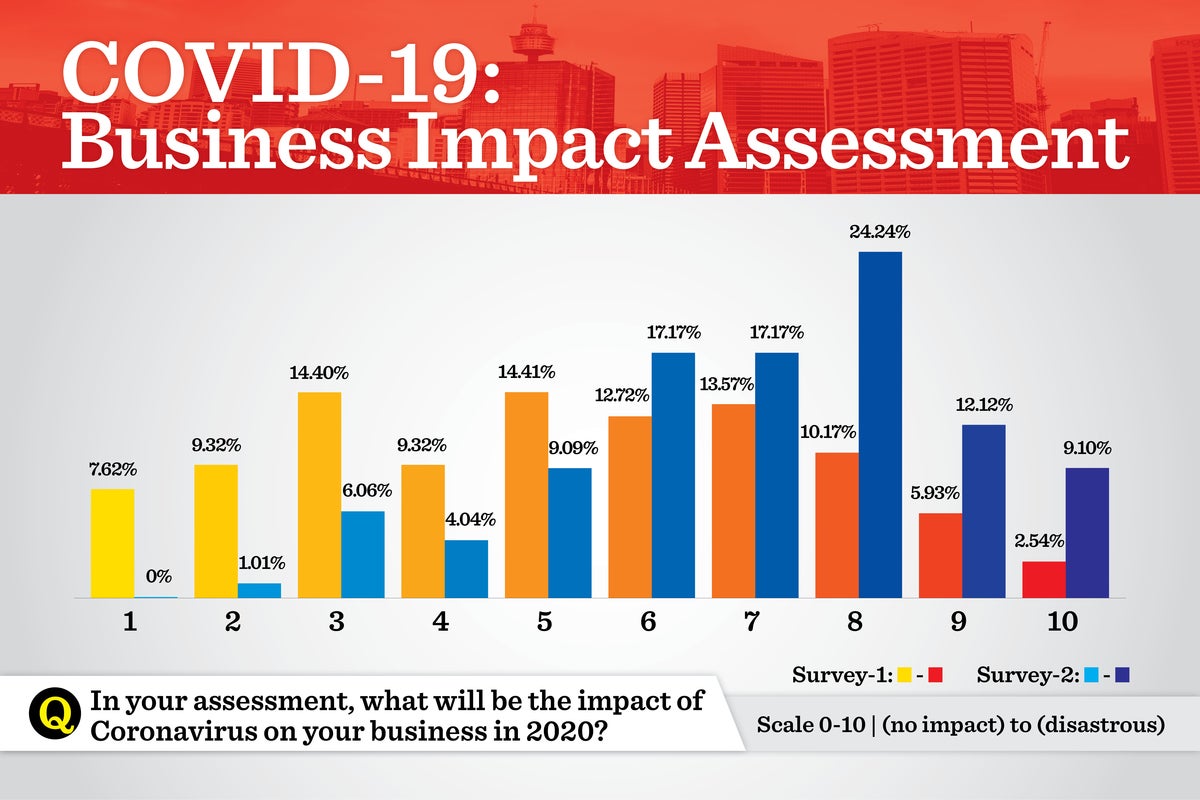The impact of covid-19 on business in India

According to a survey conducted to understand the impact of the coronavirus COVID-19 on Indian startups and SMEs, a majority of respondents stated that it would have an impact. About 30 percent of people felt that it would decrease demand for their products or services.
The country went into lockdown on March 25, 2020,the largest of the world, restricting 1.3 billion people. With
COVID-19 spreading rapidly in India, policymakers are worried about how to
fight the virus and minimise its impact on the economy. There are no easy
answers. In addition to containing the spread of the disease and support those
who are affected, policymakers have to be prepared for the long-term challenges
and opportunities that may arise once the crisis is over (and it will
eventually be).
While Covid-19 may not have the scale of pandemics
of the past (as of date), the economic damage has and will continue to affect
more people than the disease itself. Studying past trends of similar
infections can help in drawing inferences as to what might help us going
forward.
It might be a mouthful but here’s a
look at what’s to come in the immediate future. Liquidity is expected to remain
tight as the cost of borrowing in real terms will upwards. This is despite
central banks efforts to reduce interest rates. Banks and financial
institutions will be under immence pressure as the fear of NPAs, insolvency and
bankruptcies increase multifold. The government will focus on meeting hyper
demand for essential goods while non-essential businesses will focus on
recovering their receivables/outstanding money due from debtors.
As an investment professional, I’m
responsible for the management of over $250+ million in client money. My job is
to make bold predictions and then take calculated risks with the objective of
growing my clients’ capital. Like everyone else with an opinion, here are some
of my thoughts on the New Normal for Business.
But before that, a disclaimer. I’m
not a crystal-ball gazer and have no powers beyond my understanding of macro
trends and financial markets. Take this with a pinch of salt. Here goes.

Comments
Post a Comment